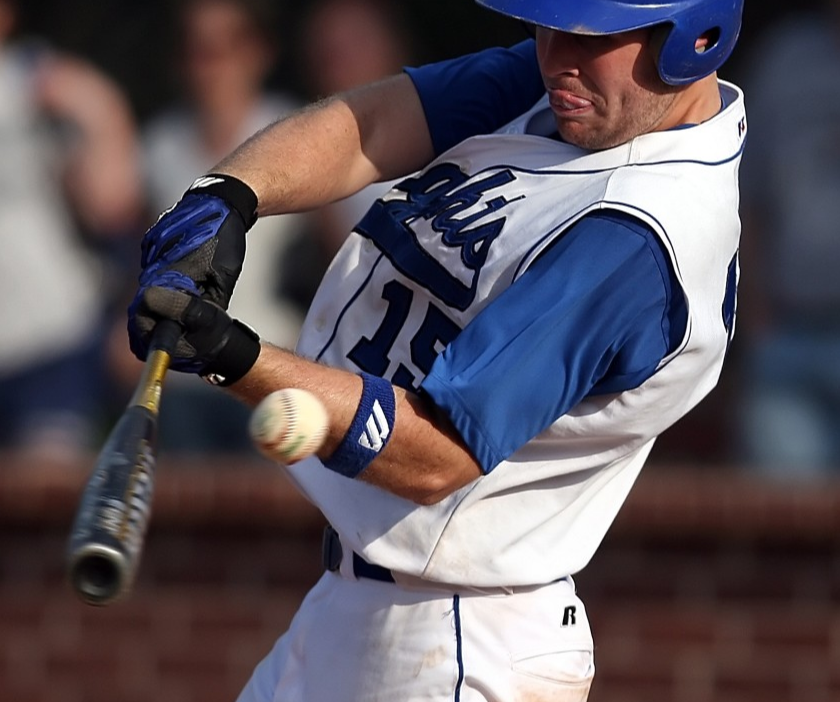Can baseball bridge divides? Maybe yes, maybe no
Some activists unveiled a banner about racism in baseball at Fenway Park this week. Baseball has figured into a couple of political conversations I’ve had in the last week. It’s left me wondering: Can baseball bridge divides in our society?
The case of the curious Lyft driver
I caught a Lyft when I arrived at the Cincinnati airport a couple of weeks ago. It was around midnight but my driver was chatty and I mentioned that I was in town to catch a baseball game. His next question came right out of the blue, like a pop fly in July:
“Are you married?”
He had kind of a thick accent—from somewhere in West Africa, he later told me—so I thought perhaps I’d misheard him. But when I didn’t answer, he asked again. Much more emphatically. Half-turning around in his seat:
“Are you married?”
I laughed and said, “That’s a very personal question.” He explained that he was just wondering because I was a woman going to a baseball game alone.
I tried to smile as I made it a teachable moment: “Well, as you’ve probably noticed in the year and a half you’ve been here, women in the United States often do things without their husbands. And husbands do things without their wives.”
I’m not sure I convinced him that our culture really does allow women to have agency (at least it has historically). But he did ask me how much the tickets were, and said he’d try to catch a game one of these days. If I didn’t manage to enlighten him, perhaps I created a baseball fan.
Can baseball bridge divides? The case of the translator
I found myself watching a game on TV with a relative of mine.
 Baseball is one of the few things we have in common (although he roots for the wrong team). Then in the post-game interviews, one of the players showed up with a translator by his side.
Baseball is one of the few things we have in common (although he roots for the wrong team). Then in the post-game interviews, one of the players showed up with a translator by his side.
“Now that—that I don’t go for,” my relative said, appending the familiar blather about how if you’re going to play ball here you should learn the language.
I knew I’d have to address the situation—I’m done letting teachable moments pass—but a combination of jet lag and my cold had ground down all my feistiness. So I said quietly, “Oh, I don’t know. Learning a new language is hard.”
And then a question popped into my mind. So I asked it, willing my voice to stay calm and curious:
“Have you ever tried to learn another language?”
I expected to hear something about high school Spanish but he just said, almost sheepishly, “No.”
Was his mind opening a crack?
“Well, it’s hard,” I said, still gently. “And then imagine that you’ve got to speak in this new language you’re learning in front of TV cameras and millions of people will hear you speak, and your bad accent, and maybe you don’t use all the right words. I can’t even imagine having to do that.”
My relative couldn’t either.
Listening, thinking can bridge divides
Now, my relative is not going to run right out and join a pro-DACA demonstration. But he’s thinking about at least one part of the immigration issue in a new way.
Can baseball bridge divides? Maybe. Not with banners but with personal interactions.
Two conversations, two new ideas planted. Starting right where you are, whenever you get an opening, whoever you can talk with.
It’s a long road, but it can lead to lasting change.